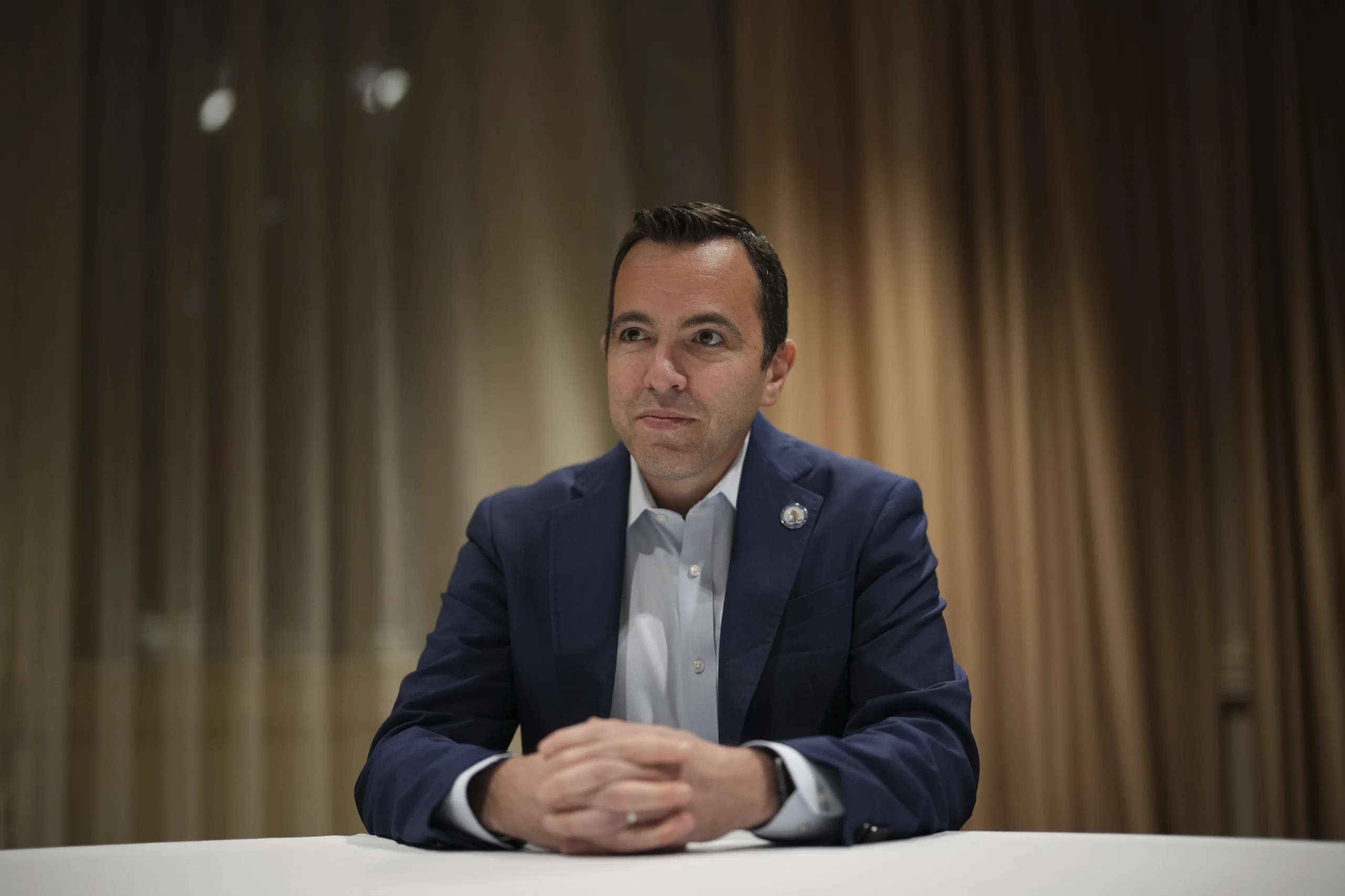Authors
Share
Background
In June 2022, the United States Supreme Court released its decision in Dobbs v. Jackson Women’s Health Organization, which overturned the constitutional right to an abortion that was established by Roe v. Wade and Planned Parenthood of Southern PA v. Casey. This decision was the result of four years of litigation by two different Mississippi Attorneys General, former Attorney General Jim Hood and Attorney General Lynn Fitch. In 2018, Mississippi enacted the Gestation Age Act, which banned all abortions after 15 weeks from the first day of the last menstrual period, except in medical emergencies and in situations of severe fetal abnormality. The Act provided no exceptions for pregnancies that resulted from rape or incest. On March 19, 2018, the same day the Governor of Mississippi signed the bill and the day the bill was set to take effect, Jackson Women’s Health, the only abortion provider in Mississippi, challenged the law in federal court.
Both the US District Court of Southern Mississippi and the 5th Circuit Court of Appeals struck down the Mississippi law as unconstitutional. Mississippi appealed the 5th Circuit ruling to the Supreme Court. The state petitioned the Supreme Court to review the case with the goal of reversing decades of legal precedent which established the right to an abortion as a constitutionally protected right. The Supreme Court accepted this case to review, “whether all pre-viability prohibitions on elective abortions are unconstitutional.” In the majority opinion in the Dobbs decision, Justice Samuel Alito wrote that abortion was not protected under the constitution because such protection must be either explicitly spelled out in the text or “deeply rooted in [our] history and tradition.” Additionally, Justice Clarence Thomas went a step further in his concurring opinion to state that the Constitution’s Due Process Clause does not secure any substantive due process rights and called the idea of substantive due process “a legal fiction.”
The decision in Dobbs v. Jackson reversed the precedent in Roe v. Wade and Planned Parenthood v. Casey, which found a constitutionally protected right to an abortion, and shifted the power to the states to either restrict or protect abortion care in their respective jurisdictions. The decision resulted in more than a dozen states that had previously passed trigger laws, or that had maintained pre Roe bans, immediately outlawing abortion. The Dobbs decision also left several other states and their citizens uncertain of the legality of abortion in their respective states.
Role of States Attorneys General
State attorneys general represent the interests of their states and protect the health, safety, and constitutional rights of their states’ residents. When a court case is filed that may adversely impact the citizens of their state or its laws, attorneys general can weigh in on the matter by filing an amicus brief (short for amicus curiae, meaning friend of the court). In Dobbs v. Jackson, 24 state attorneys general filed a brief in support of Jackson Women’s Health Organization, asking the Court to uphold the precedent that states may not ban abortions before the point of viability, arguing the amici states have laws that reflect that precedent. In addition to this brief, a second coalition of attorneys general signed on to the brief filed by the Mississippi Attorney General’s office arguing in favor of overturning Roe v. Wade, declaring the precedent set by the Court no longer applied due to culture shifts.
State Attorneys General Actions Since Dobbs
Below are key actions taken by state attorneys general since the Dobbs v. Jackson ruling related to reproductive healthcare:
- Since the Dobbs ruling effectively outlawed abortion in certain states, many attorneys general have issued alerts providing guidance to their residents of their reproductive health care rights under state law. For example, California Attorney General Rob Bonta issued a consumer alert that provided tips and guidelines on how persons seeking abortion care in California could protect their sensitive healthcare information.
- Some attorneys general in states that had enacted “trigger laws” that would outlaw abortion if Roe v. Wade was overturned immediately filed motions with their state courts to effectuate those trigger laws right away. For example, Texas Attorney General Ken Paxton asked the Texas Supreme Court to consider an emergency motion to vacate a temporary restraining order blocking enforcement of the state’s pre-Roe criminal prohibitions on elective abortions.
- In anticipation of patient surges, some states created hotlines to assist those seeking or looking to provide abortions with a place to call for free legal advice. New York Attorney General Tish James along with 4 other attorneys general launched legal hotlines alongside national law firms and reproductive rights organizations to provide legal guidance and resources to patients, healthcare providers, and supporters seeking information about their legal rights to access and provide abortions.
The Leadership Center for Attorney General Studies is a non-partisan organization dedicated to educating the public about the important role state attorneys general play in addressing pressing issues, enforcing laws, and bringing about change.


